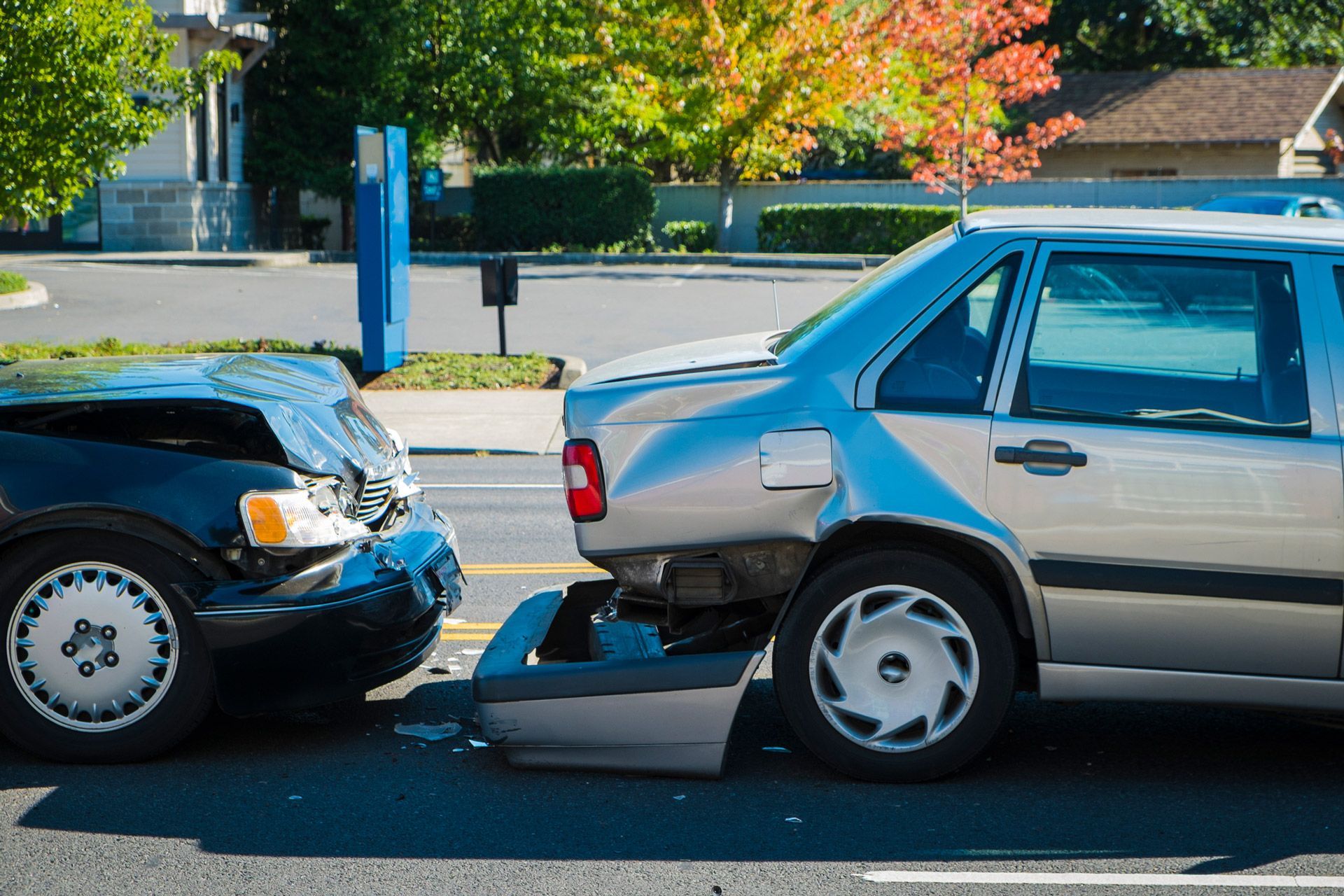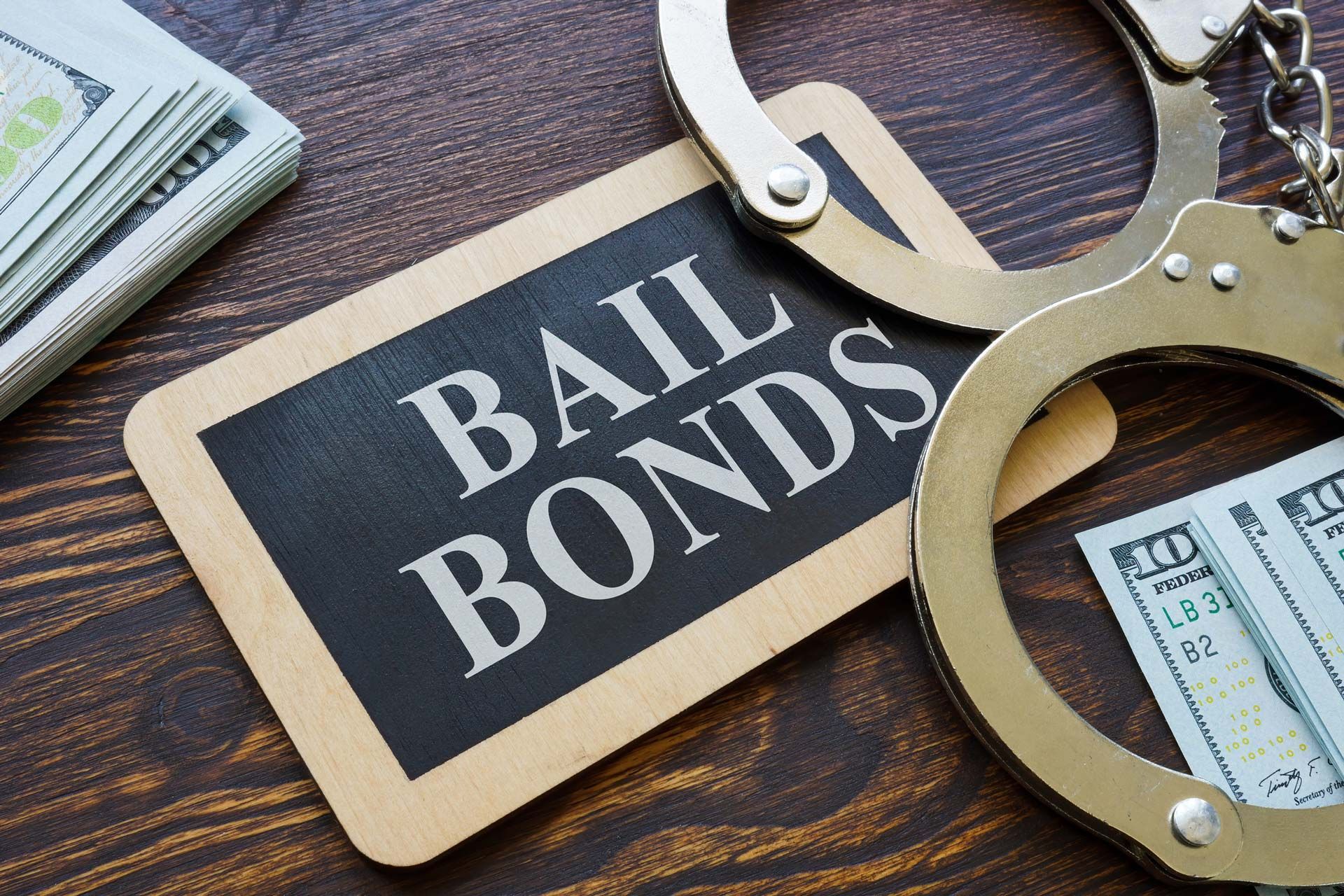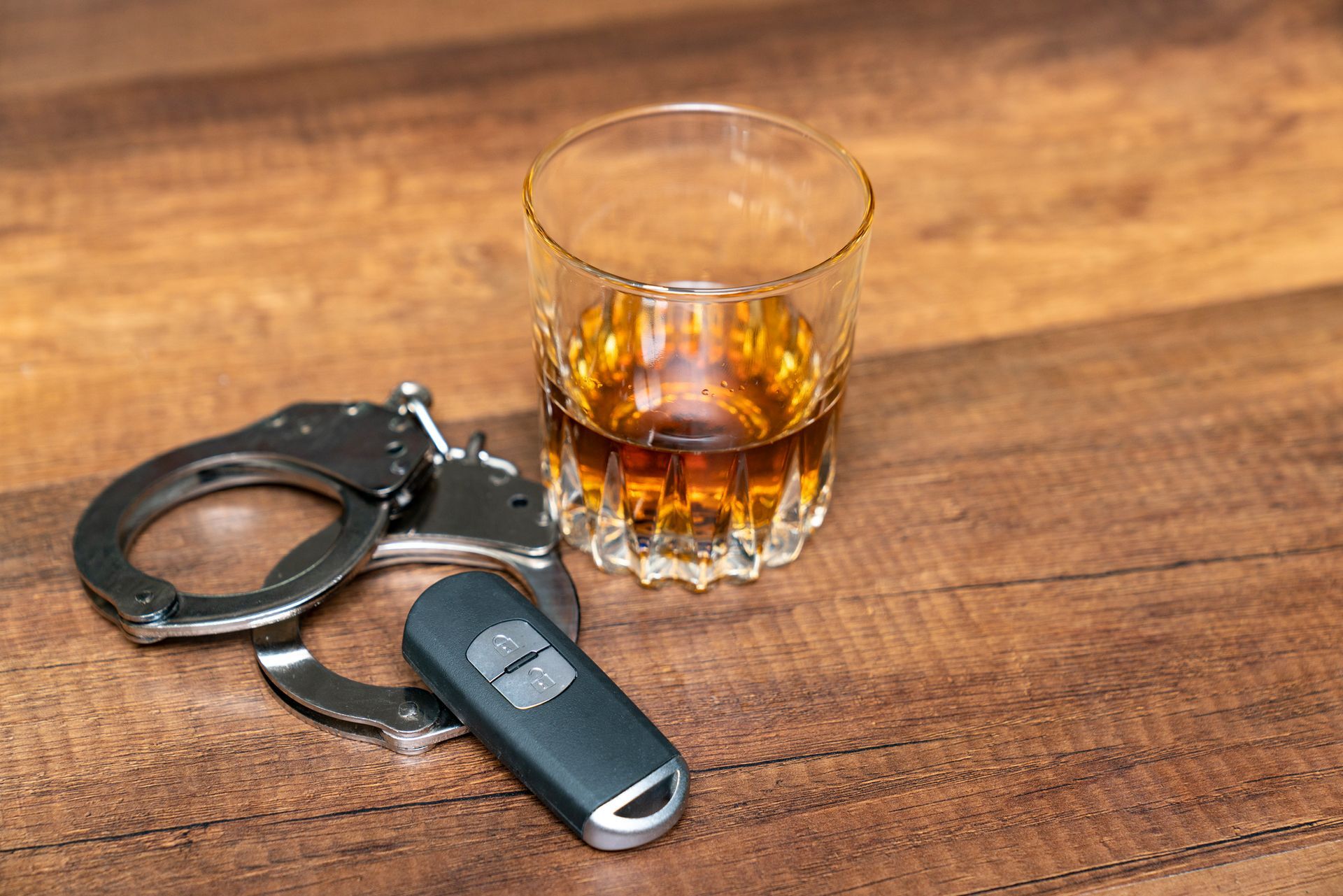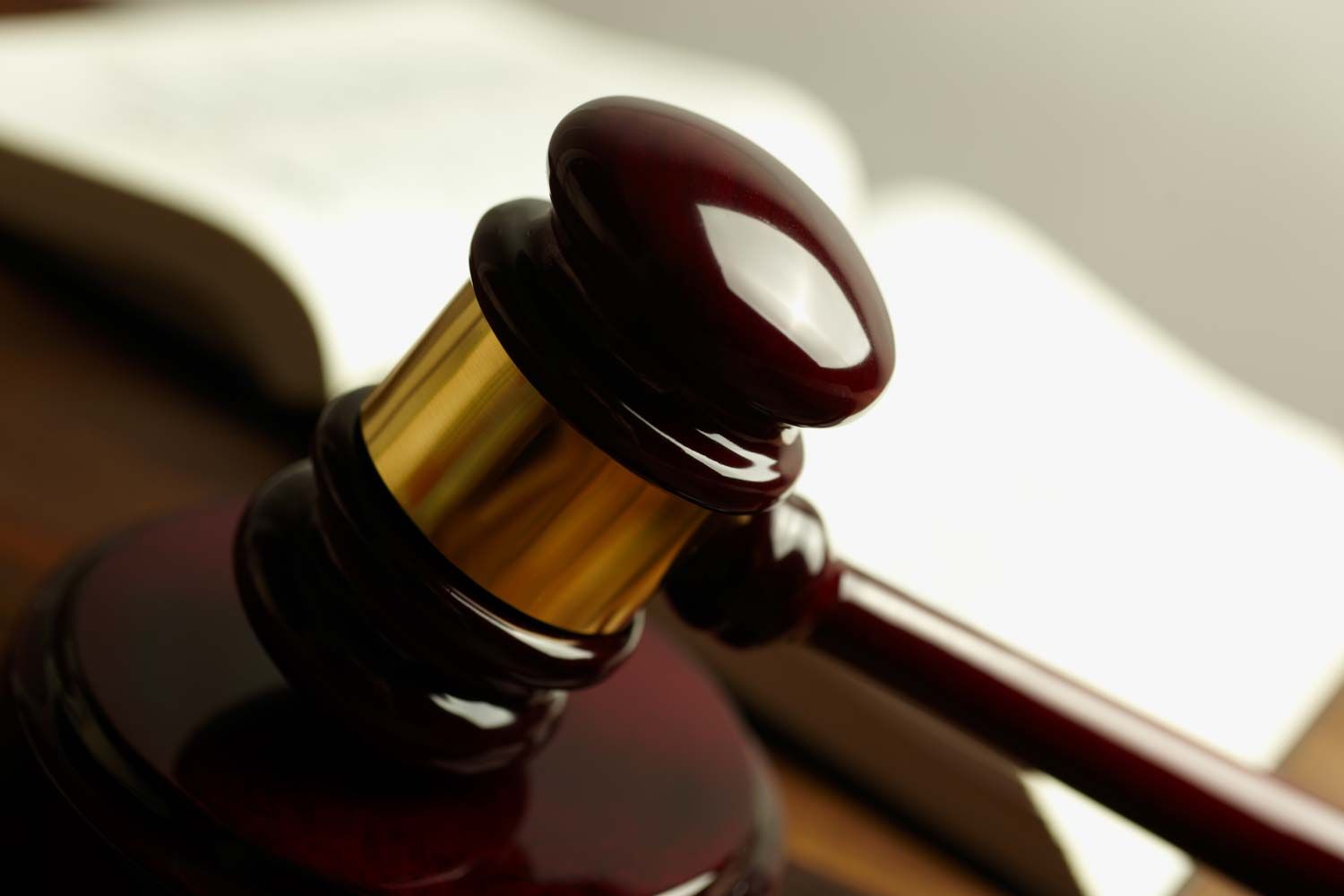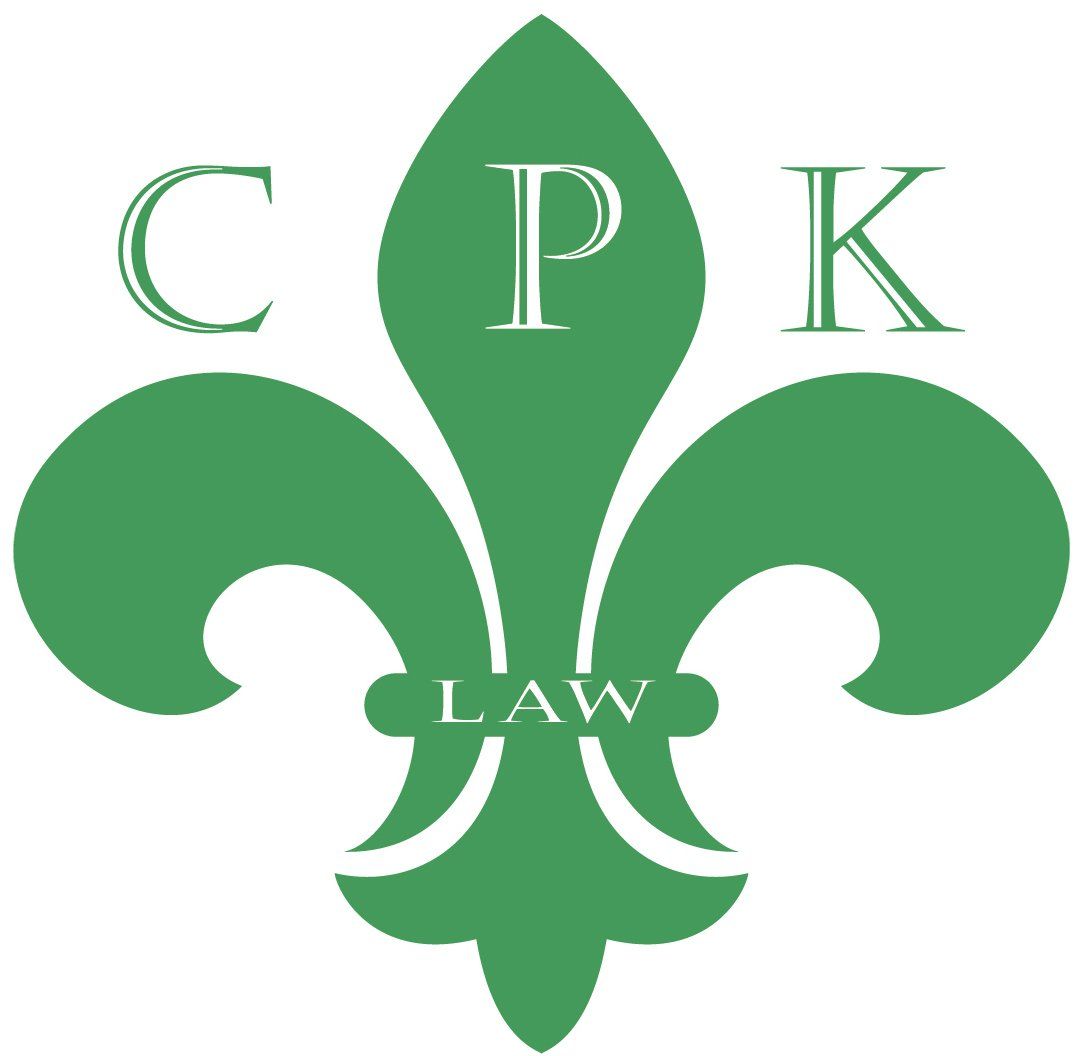How Much is My Personal Injury Case Worth?
One of the most frequent and complicated questions we get from clients is how much money will they get at the end of their case. The answer is always, it depends. And, it depends on a lot of factors, but the two most important factors are (1) what are the client’s injuries and (2) how these injuries impact the client’s life. It should be noted that a third very important factor is how much insurance is available to pay for the client’s damages, but this article will primarily focus on how the law allows us to ask for compensation for a client’s injuries.
There are primarily two kinds of damages a person injured through the negligence of another person can collect: compensatory damages and punitive damages. Compensatory damages are damages based on actual losses and are intended to make a person whole again when the person is injured through the fault of another. Let’s say another person drove his car into the rear of your car while you were stopped at a stop light. What compensatory damages could you recover? There are several types of compensatory damages. The first is the cost of repair of your car and the cost of a rental car. In the event you did not get a rental car, then you could recover for loss of use of your vehicle for the time it is in the shop. You might also be entitled to a diminishment in the value of the car. Most law firms will not assist you in making a claim for property damage. The simple reason for this is if the lawyer took part of the money to get your car fixed, you would not have enough money to get your car fixed. Craig P. Kenny & Associates will assist you in getting your car repaired, and more importantly, will not take any fees for that assistance. It is a customer service that we offer. Compensatory damages could also extend to property in your car that was damaged as a result of the accident, which can be almost anything: a child’s car seat, eyeglasses, the property you were carrying in your trunk, etc. when the accident happened. Of course, you need proof of the damaged item and how much it cost.
If you are injured in an accident, another compensatory damage is the medical expense of treatment. The driver who caused the accident is responsible for the medical bills incurred as a result of the accident. The treatment must be related to an injury from the accident. Another compensatory damage arising from being injured is pain and suffering. Pain is pretty obvious but very subjective, how much pain were you caused because of the accident. Suffering is broader and can include things like being unable to do chores around the house you normally did before the accident because of your injuries or just the hassle of having to deal with a car accident and go to doctor’s appointments. It could include being bedridden or hospitalized for a period of time. Or, it could include missing a vacation. There is no set formula for how to calculate pain and suffering, so this is a difficult category to predict how much a person would get. Ultimately the question is what would a jury award you for pain and suffering, and different juries can vary greatly in what they would award.
Another example of a compensatory damage is lost wages; however, this can often be one of the harder damages to collect. First, it opens you up to a request to see your tax returns from previous years. Second, it can be very difficult to prove things like how much a person would have received in tips, for example. Or if the person making the lost wage claim did not work a set schedule, it can be hard to prove how much time they actually would have worked if the accident had not happened.
Lastly, you could be entitled to punitive damages, but this is a very rare damage to recover. Punitive damages are meant to punish a person for reckless or intentional behavior in order to deter them from that conduct in the future. Insurance companies are not responsible for punitive damages because then it would not deter the person’s conduct. The most frequent example of when a person would be entitled to punitive damages is when a drunk driver causes a car accident. The law wants to discourage drunk driving, so in addition to compensatory damages and pain and suffering, the law allows a person in this situation to collect punitive damages directly from the driver. Generally speaking, it is difficult to collect punitive damages unless there is a trial and a jury awards punitive damages. And, even then, it can be difficult to collect them because the person may not have any assets with which to pay the punitive damages.
